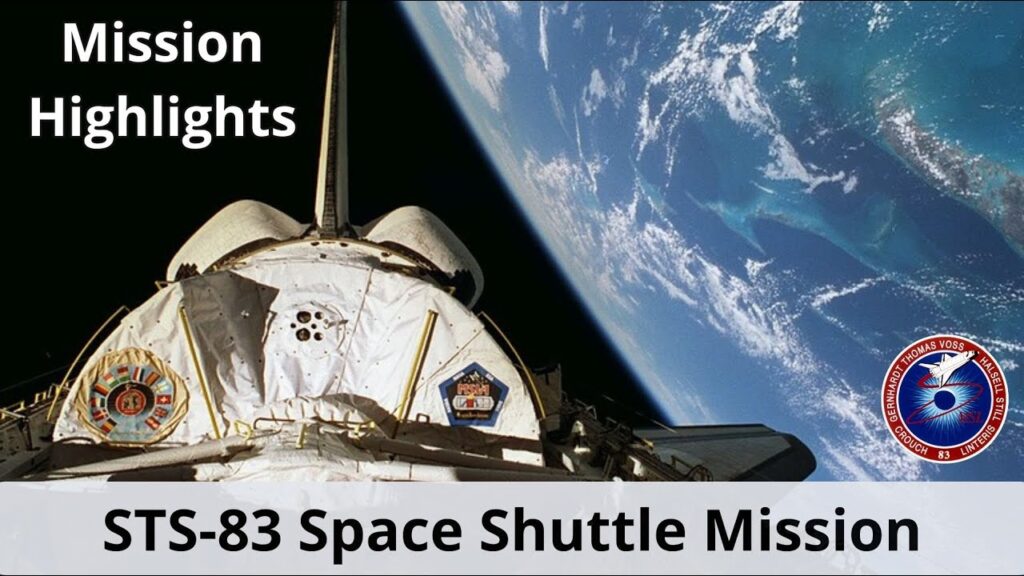
Introduction
Spacecraft have become an indispensable tool in our quest to explore outer space and enhance our understanding of the universe. From the historic Apollo missions to Mars rovers and beyond, spacecraft have enabled humanity to learn about celestial bodies, investigate potential life on other planets, and understand our own planet’s place in the cosmos. As technology evolves, the relevance of spacecraft in scientific discovery and international collaboration continues to grow.
Current Developments in Spacecraft Technology
Recent advances in spacecraft technology have led to significant achievements in space exploration. For instance, NASA’s Perseverance rover successfully landed on Mars in February 2021, tasked with searching for signs of ancient life and collecting samples for future return missions. This mission is part of a larger effort that includes the upcoming Mars Sample Return mission, where samples collected by Perseverance will be retrieved by another spacecraft and brought back to Earth for analysis.
Additionally, private companies like SpaceX are revolutionizing spacecraft accessibility and affordability. The successful launch of the Falcon Heavy rocket and the deployment of the Crew Dragon spacecraft for crewed missions to the International Space Station signify a new era of commercial spaceflight, enabling more frequent and varied missions than ever before.
The Role of Spacecraft in Scientific Research
Spacecraft are not only used for exploration but also play vital roles in scientific research, weather monitoring, and telecommunications. Satellites, for example, provide critical data that help meteorologists predict weather patterns and study climate change. The ongoing work of the James Webb Space Telescope, launched in December 2021, is set to provide unprecedented insights into the universe’s formation and the potential for habitability on distant exoplanets.
Conclusion
Looking ahead, the role of spacecraft in exploration and scientific discovery is expected to expand even further. With upcoming missions aimed at the Moon, Mars, and beyond, the future of space exploration appears promising. The significance of spacecraft goes beyond national borders, fostering international cooperation in science and technology. As we venture deeper into space, the instruments we create and the discoveries we make will shape our understanding of the universe and our place within it. For readers interested in space and technology, staying informed about these developments is vital, as they represent not just the future of exploration but also the potential for significant advancements in various fields here on Earth.



